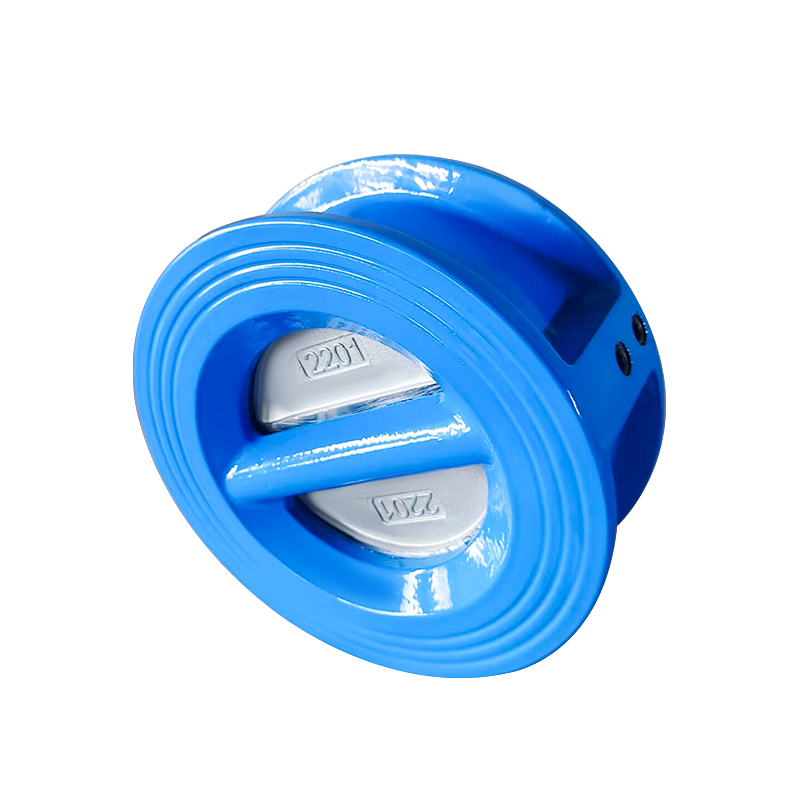
- Call Us
- +8618633052223
- njhdvlz@163.com
Окт . 02, 2024 12:30 Back to list
Finding Reliable Suppliers for Anti-Cavitation Check Valves in Your Industry
Understanding Anti-Cavitation Check Valves A Guide for Suppliers
In today's industrial landscape, preventing cavitation is crucial for ensuring the longevity and efficiency of hydraulic systems. A significant player in combating this issue is the anti-cavitation check valve. As suppliers of such critical components, understanding the intricacies of these valves, their applications, and the market dynamics is essential for making informed decisions and providing clients with superior products.
What is Cavitation?
Cavitation occurs when the pressure in a fluid drops below its vapor pressure, causing the formation of vapor bubbles. These bubbles can cause significant damage to pumps, pipes, and other system components when they collapse. This phenomenon usually occurs in high-flow systems where pressure differentials are prevalent, making anti-cavitation check valves an essential component in preventing damage and maintaining system efficiency.
The Function of Anti-Cavitation Check Valves
Anti-cavitation check valves serve to prevent backflow in a hydraulic system while mitigating the risk of cavitation. These valves allow fluid to flow in one direction while preventing reverse flow, and they are designed to minimize pressure drops across the valve body, which can induce cavitation. The primary function of these valves is to ensure that the system maintains sufficient pressure, thereby reducing the risk of vapor bubble formation significantly.
Applications of Anti-Cavitation Check Valves
Anti-cavitation check valves find applications across various industries, including
1. Hydraulic Systems These valves are widely used in hydraulic equipment such as excavators and lift systems, where backflow can lead to cavitation and subsequent damage.
2. Water Treatment In water treatment plants, they help maintain proper flow dynamics, ensuring that sudden changes in pressure do not lead to cavitation in pumps or pipelines.
3. Pumping Stations In these settings, anti-cavitation check valves protect pumps from the damaging effects of cavitation caused by sudden changes in water levels or flow rates.
4. Power Generation In hydroelectric plants, maintaining proper flow and preventing cavitation is critical to the operation of turbines and other equipment.
Given their versatility and necessity, the demand for anti-cavitation check valves continues to grow
.anti cavitation check valve supplier

Selecting the Right Supplier
When it comes to choosing a supplier for anti-cavitation check valves, several factors must be taken into account
- Quality Assurance Suppliers should adhere to stringent quality control processes to ensure that the valves meet industry standards and specifications.
- Customization Depending on the application, customers may require customized solutions. A supplier's ability to provide tailored products is a significant advantage.
- Material Selection The materials used to manufacture anti-cavitation check valves can affect their performance and longevity. Suppliers should offer options that can withstand specific environmental conditions and fluid types.
- Technical Support A knowledgeable supplier can provide invaluable technical support, helping customers select the right product and offering guidance on installation and maintenance.
- Reputation Consider the supplier's market reputation, including customer reviews and case studies, to gauge their reliability and product efficacy.
Market Trends
The market for anti-cavitation check valves is witnessing several trends. The push towards automation and smart technologies is leading to the development of valves with integrated monitoring systems. These systems can provide real-time data on the valve's performance, helping operators make proactive decisions to avoid cavitation.
Moreover, the growth of renewable energy sources significantly impacts the demand for anti-cavitation check valves in power generation. As industries seek to optimize their equipment and reduce maintenance costs, investing in high-quality check valves becomes a priority.
Conclusion
As a supplier of anti-cavitation check valves, understanding their role and the market dynamics is imperative for providing clients with effective solutions. By focusing on quality, customization, and technological advancements, suppliers can position themselves as leaders in this vital industry. With the right products and support, businesses can minimize the risk of cavitation, ensuring smoother operations and prolonged equipment life.
-
Double Flanged Short Pattern Butterfly Valve | Compact, Efficient Flow
NewsAug.01,2025
-
Precise 3-Inch Butterfly Valve Dimensions | Durable Flow
NewsJul.31,2025
-
3 Butterfly Valve Dimensions | GPT-4 Turbo Precision Specs
NewsJul.31,2025
-
Stainless Steel Sanitary Butterfly Valve for Hygienic Flow Control
NewsJul.30,2025
-
High-Performance Groove Butterfly Valve for Easy Installation
NewsJul.30,2025
-
High-Quality 2 Inch Butterfly Valve for Precise Flow Control
NewsJul.29,2025